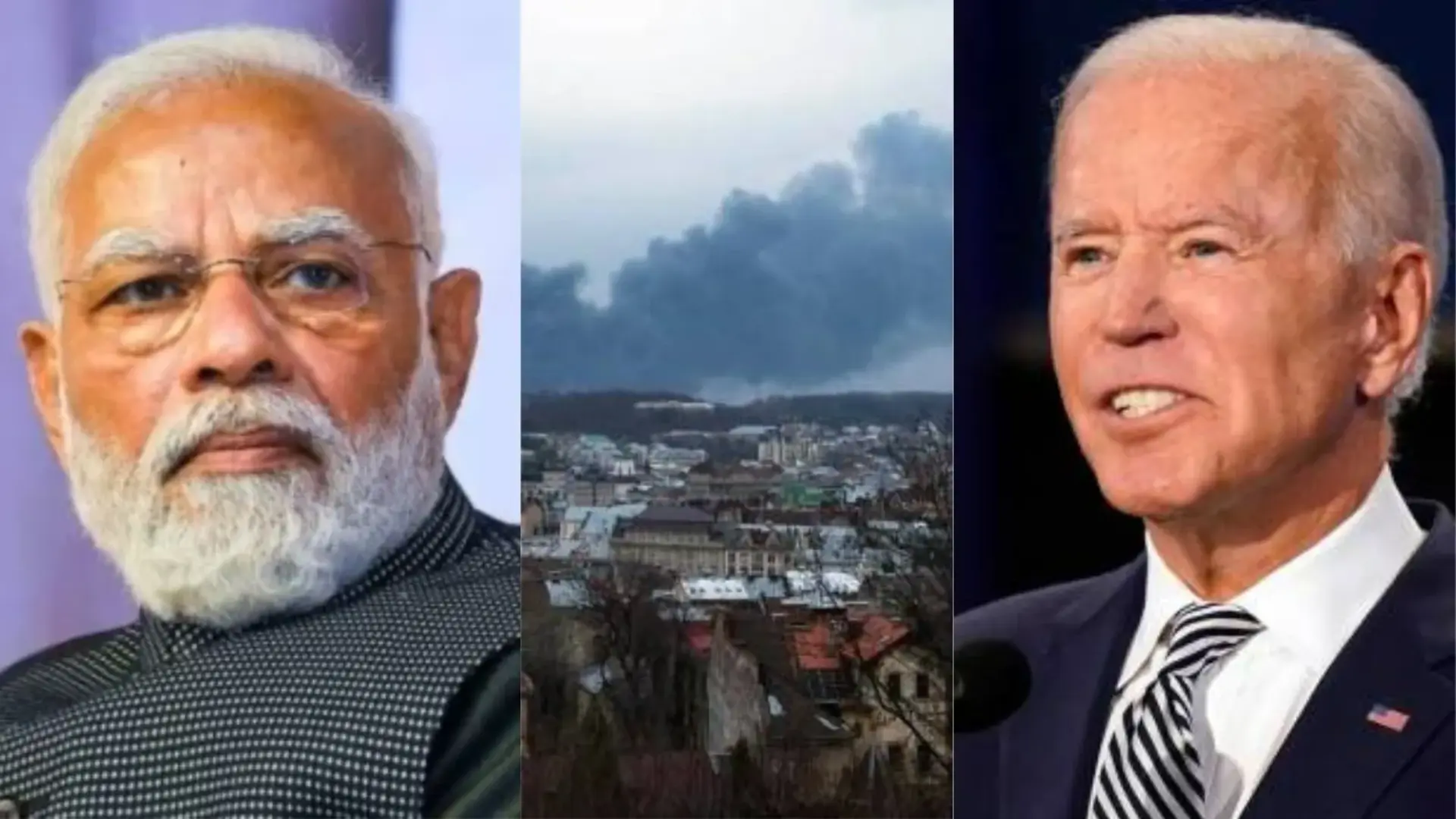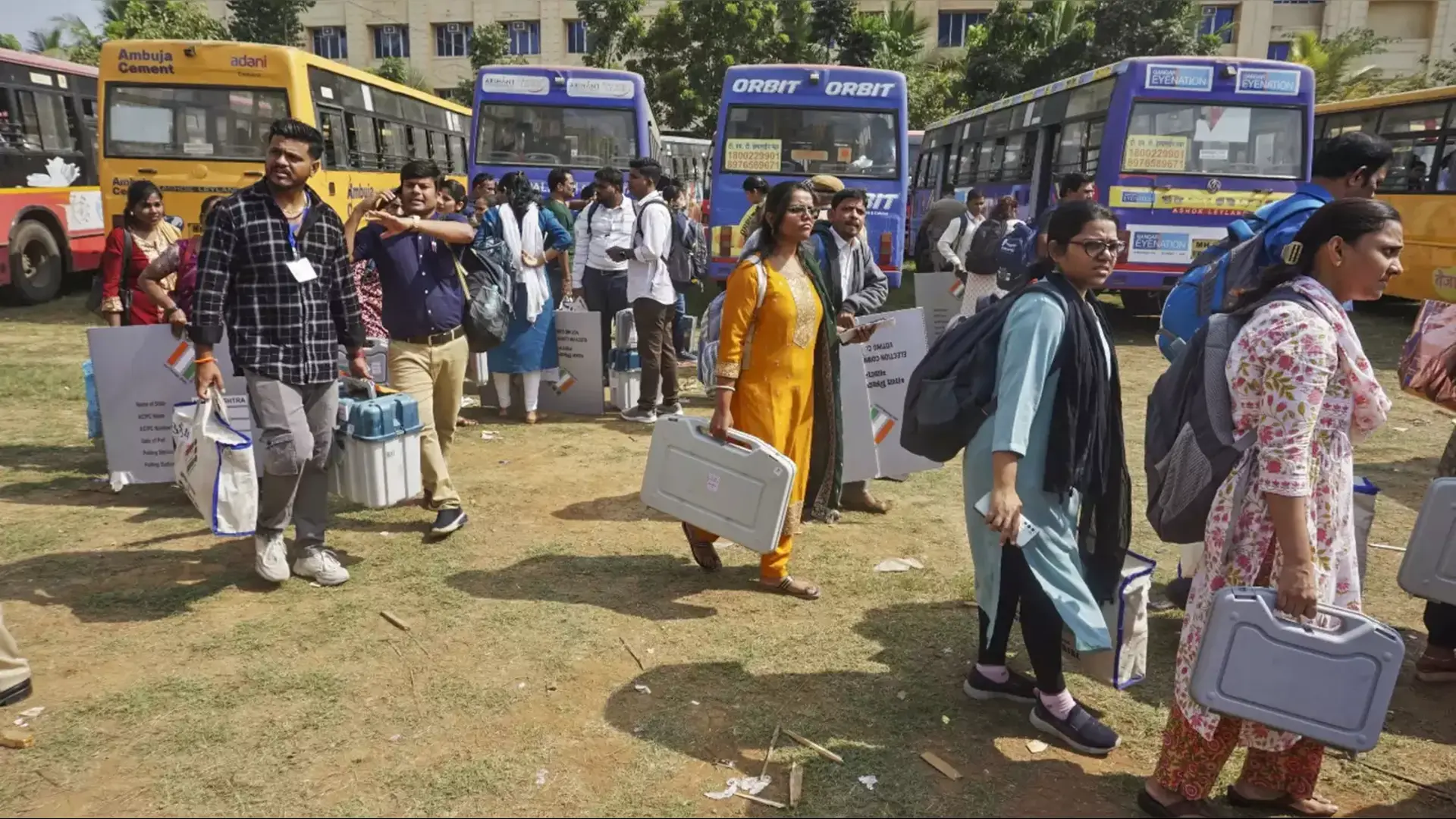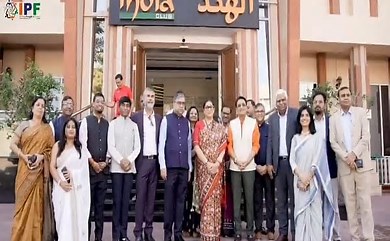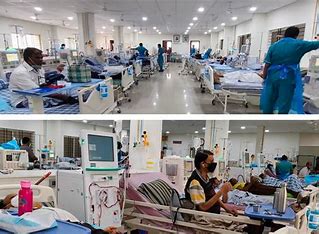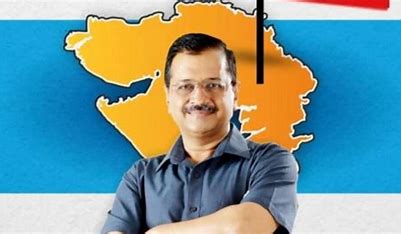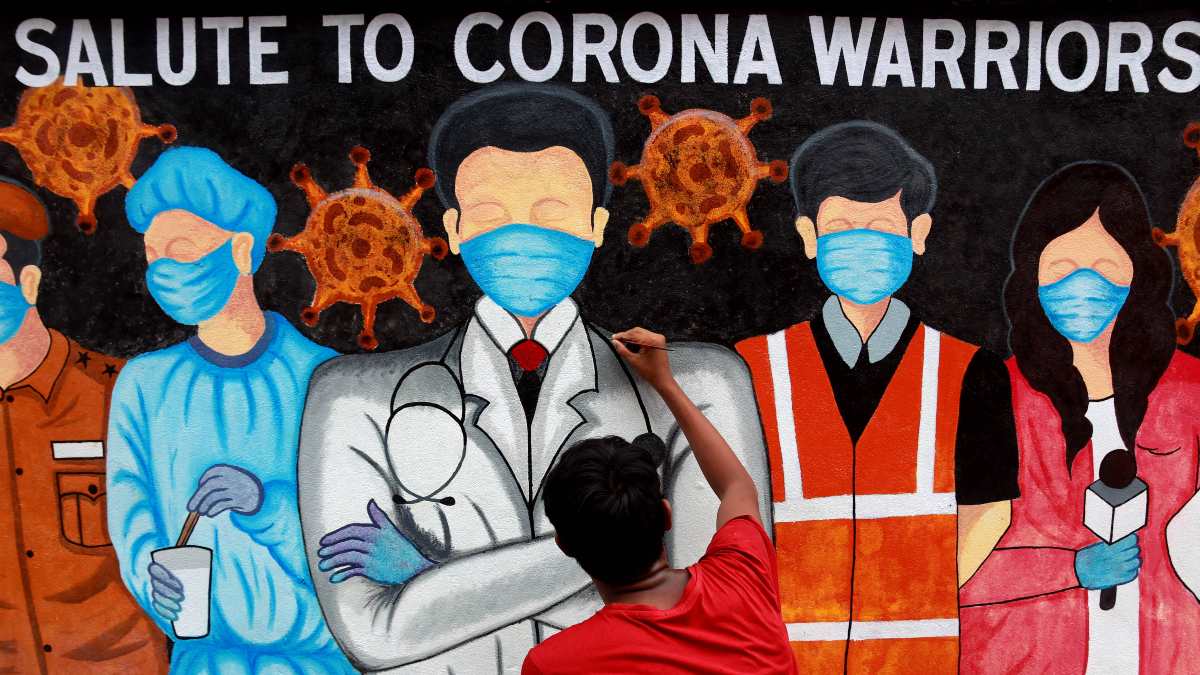
Our healthcare industry has been providing care to the infected since the time the pandemic struck. The guidelines for the prevention of coronavirus transmission have been put in place as well. In over six months, employees have been laid-off, many small businesses had to shut down permanently, and medium-sized businesses are at risk of closing. With unemployment, firms going out of business, pay cuts and prevailing financial struggles and stringent lockdown guidelines unfortunately, could not do much to curb the rapid rate of Covid-19 spread. With Unlock in its fourth phase and significant relaxations by the Centre de- spite raging coronavirus, has the public learnt a lesson? Are they better prepared to deal with the virus?
Recently 75 staff members of two popular Murthal eateries tested Covid-positive and thousands of people from Delhi and neighbour- ing states regularly drive there for a meal. If this mindset of people is going to sustain, then how much burden can the healthcare industry take? Doctors are there for health emergencies and complications but people should continue taking precautions to prevent themselves and others from getting infected. The seriousness of the deadly virus seems to be evaporating, opines Dr Aparna Jairam, founder and director, Asavlee Dr Aparna’s Pathology Labs and CEO, IMMUCARE Labs, Cochin, Kerala.
“The healthcare industry should well inform people about the symptoms and treatment of Covid-19. And what should be done if the Covid viral load is less, medium, or more,” says Dr Behram Pardiwala, director, Internal Medicine and Academics at Wockhardt Hospitals, South Mumbai. The safest and easiest ways to curb the spread of the coronavirus is through masks, use of soaps, sanitisers and surface disinfectant sprays, social distancing and not stepping out until necessary, all this should be strictly followed by every individual. Also, avoid touching any surface in public spaces with bare hands. If it is unavoidable, wash or sanitise your hands. People being injected with the hope of a vaccine from time to time can be done away with as it’s simply disheartening. Dr Sunit Mediratta, consultant neurosurgeon at Apollo Hospital, New Delhi, mentions, “A commercially viable vaccine is not going to be available for at least a year. The government and the media should realise this fact and stop giving false hopes to the people about a vaccine launch now and then.”
Covid-19 is a public health crisis. With rapidly increasing cases every day, India needs a strategy grounded in public health. As the sitation evolves, the outbreak characteristics a country faces will change. The country should adjust and tailor its approach to the local con- text and prepare for potential subsequent phases, believes Dr G.S.K. Velu, CMD of Trivitron Healthcare.

Covid Menace Continues
The number of cases is in- creasing mostly because people have started becoming complacent, believes Kamal Narayan Omer, CEO of Integrated Health and Wellbeing (IHW) Council. Omer asserts, “Making RT- PCR test on-demand, as done by Delhi, Haryana and Mumbai and conducting the Sero survey were some of the good moves in recent times to boost people’s confidence. However, they also need to be reminded that the risk of infection remains, and they should not drop their guard. Efforts to spread scientifically-valid information about the disease remain important. Public awareness messages should be played in public transports to inform people about the existing threat.”
Community transmission has been in the country for many months now. Once the prevalence reaches two digits, there is no point trying to eradicate the virus. The only possible course of action is to protect the highly vulnerable until a vaccine is found, says Oommen C. Kurian, senior fellow at Health Initiative at Observer Research Foundation. He adds, “The long-term fight will have to be there as the virus is not going to go away anytime soon. Preventing amplify- ing events from taking place is also needed as well as ensuring that those infected receive medical care in time.”
Threat is real
While this pandemic has posed serious challenges for healthcare in general, it has also brought out opportunities for contributing to this fight against the Covid-19 crisis, points out Raman Bhaskar, director HCMCT at Manipal Hospitals, Dwarka, New Delhi. He further adds, “High-functioning health- care teams have been able to respond effectively and have also shown resilience in these testing times.
The frontline teams are also faced with the real threat of infection not only to themselves but by means of carrying it back to their families as well. We need to address this and put in place the measures for effective control of infection both amongst healthcare professionals and community at large.”
Identifying cases early, containing and treating them is the only way to move forward, maintains Dr Alok Roy, chairman of Medica Group of Hospitals and chair- FICCI Health Services Committee and adds, “We are dealing with a cluster of cases in a close- knit population as large chunk of Indian people live in slums. Be it Varanasi, Allahabad (officially known as Prayagraj), Delhi, Kolkata or Mumbai, those living in slums can easily get infected through community trans- mission. Also, the government has not been that vocal about the pandemic since some time now.” Dr Roy’s advice is to identify and formulate the risk and non-risk category, accordingly isolate and treat them. The public should not fear the coronavirus but act judiciously and take pre- cautions. He elucidates, “Don’t lose heart as there are no short term action plans, the pandemic is like a marathon. Run slowly and steadily, don’t fall, get tired, have cramps or give up halfway through. You have to run continuously and consistently. I tell the hospital staff to not give up and take enough rest to avoid exhaustion as the shifts are long. Also, not being able to cope up is in your head and a psychological decision, you have to cope up since
it’s a marathon.”
Dr K. Preetham, additional chief of Medical Administration at Indian Spinal Injuries Centre, New Delhi is of the opinion that dedicated hospitals should be arranged exclusively for Covid-19 because no Covid-19 patients are also important and this will ensure their safety. “Since it is a public health issue government should make separate arrangements for handling the cases rather than depending on private setups as sufficient time has been provided. Pricing of treatment should not be controlled by the government as the treatment cost varies depending upon patient’s other health conditions,” he asserts.
Testing strategies
Till a vaccine is launched, India needs to aggressively step up testing, making use of quality test kits, among both symptomatic cases as well as in the high-risk populations (like frontline workers, health practitioners, etc), going through this strategy, we will be able to find cases early and isolate potential spreaders, says Dr Velu. He adds, “Ideally, everyone at high risk needs to undergo testing. However, keeping in view the limitations of testing, it would be sensible to opt for random samples of high-risk individuals even if they are asymptomatic. This testing needs to be accompanied by contact tracing and stringent quarantine.” If done well, aggressive testing with quality kits and strict quarantine protocols can help flatten the curve.
Strengthening early testing and surveillance of Covid-19 to enhance identification of asymptomatic patients is the only way we can control this virus. Every person who isn’t tested could be spread- ing the virus unknowingly, we are very thankful to the central government that now anyone can walk down to testing centres and get it checked which was not the protocol earlier and needed a doctor’s prescription, says Jatin Goyal, MD of Corosure. The company is among the affordable Covid-19 RT- PCR testing kits in India. They have taken a pledge to help the needy by providing free testing in this time of distress to make it easy for people to survive during this pandemic in India. Goyal informs, “We are in the process of production of around two million kits now and anticipate around three to four million kits by December 2020.
Measures to curb the spread
Smart strategies can be utilised to tackle the coronavirus crisis, as per Dr Jairam, instead of fines, incentives for associations who comply for masks, new permanent methods for education like e-learning, emphasis on the safety measures by the media, incentives for small and medium-sized businesses to encourage minimum people at the site and judicious use of public transports and inviting local partners for this road ahead.
Strict adherence to government guidelines is mandatory. Dr Sunit Mediratta remarks that in offices, frequently touched surfaces like tabletops, chair handles, keyboards, printers and scanners should also be cleaned twice daily using a cloth soaked in 1% sodium hypochlorite which is also known as bleach. Avoid going to temples, gurdwaras, mosques and other places of worship for a few months.
